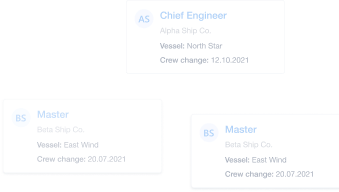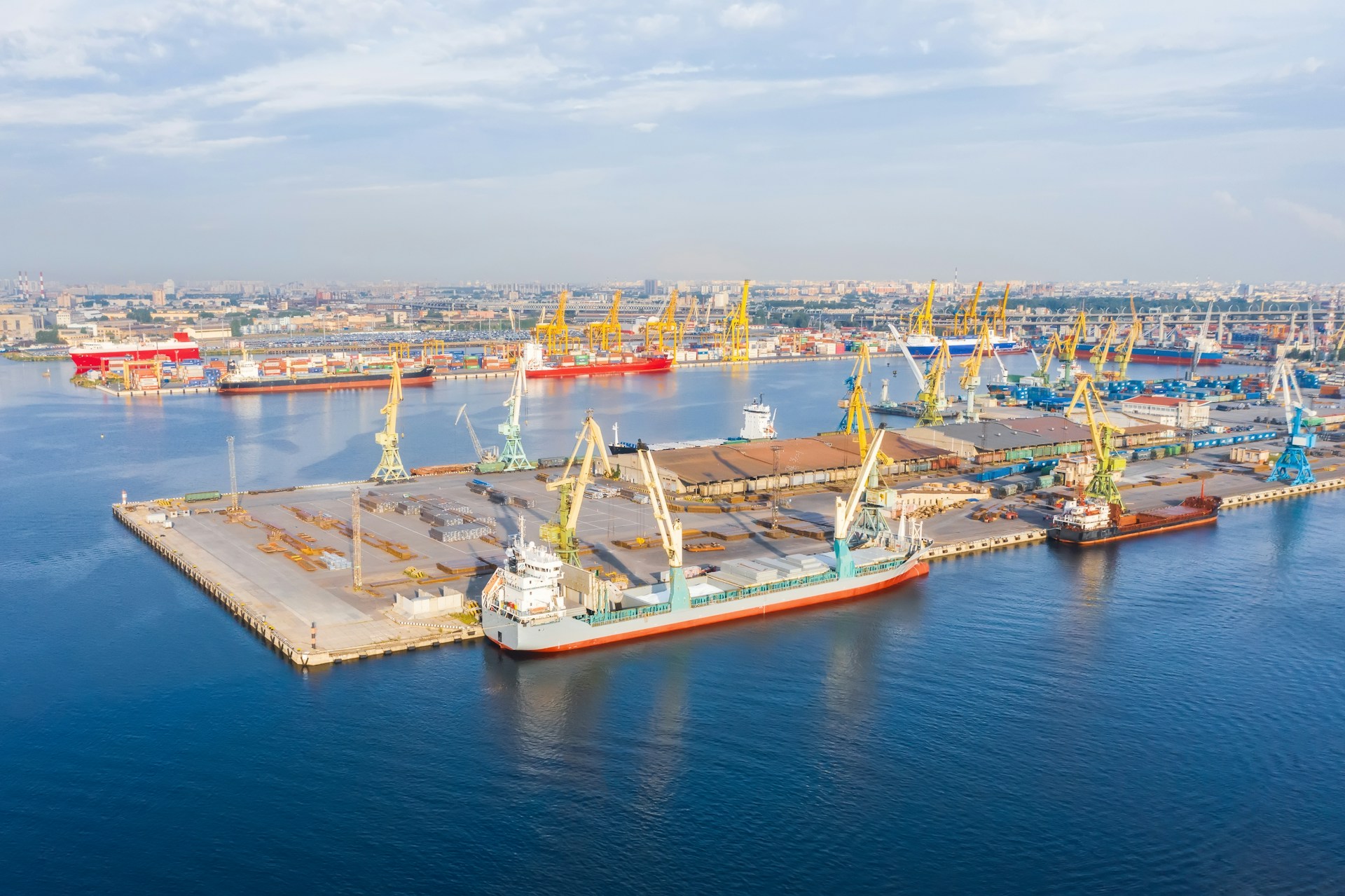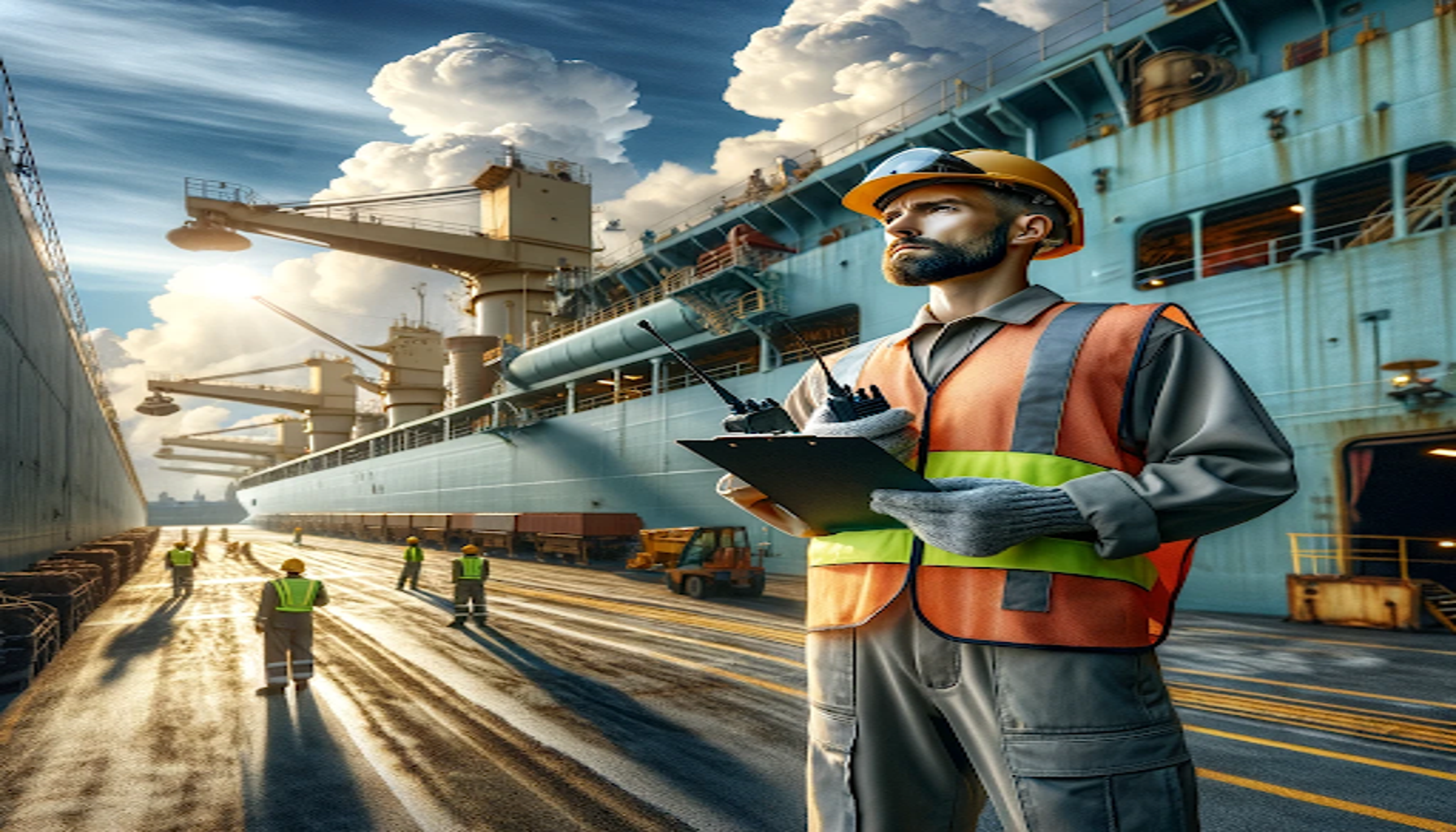Why Critical Decision-Making Skills are Vital in Maritime Jobs
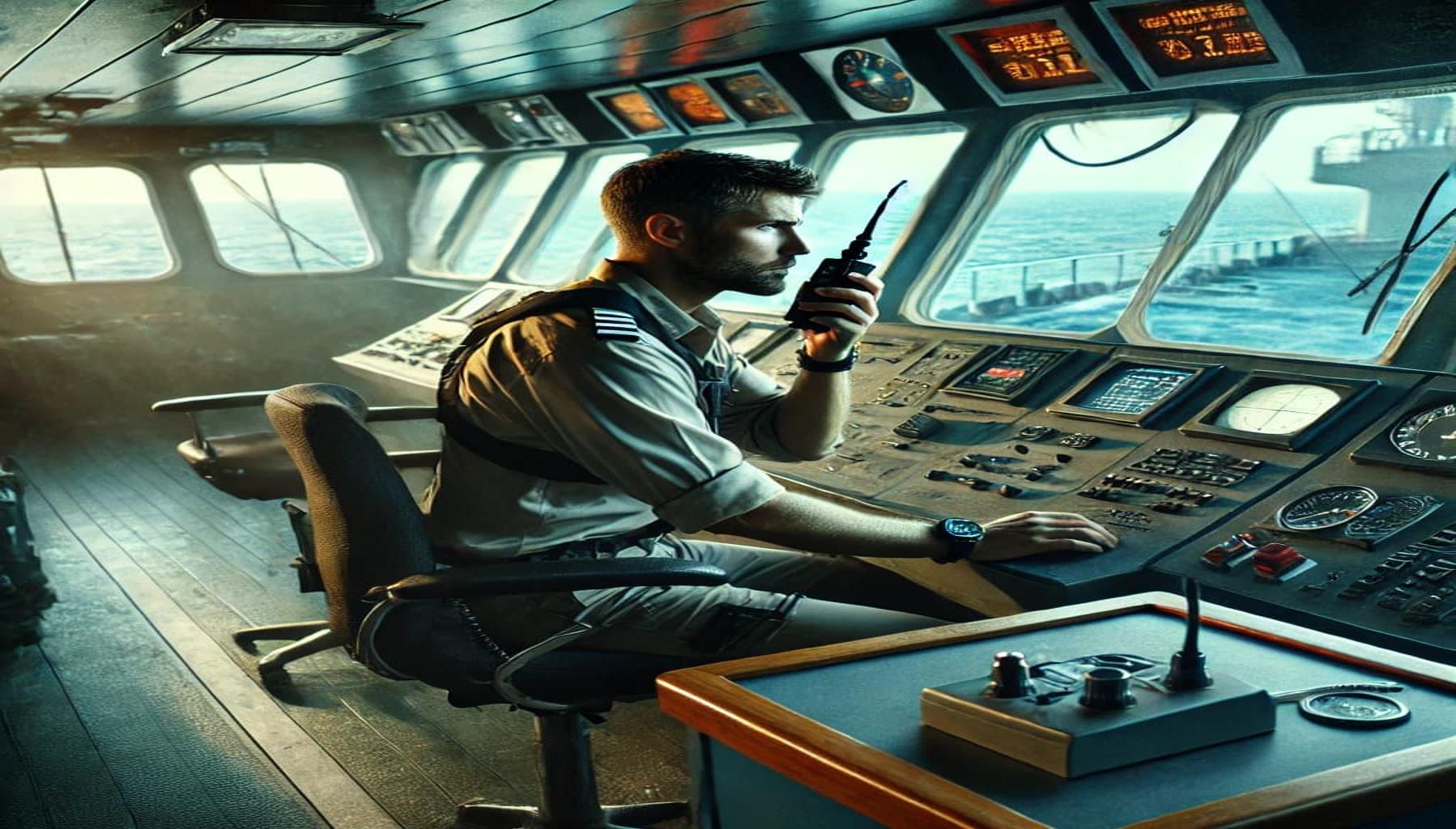
In any profession, the ability to make sound decisions is key to success. But in the maritime industry, where operations are often conducted in high-pressure environments and in the face of unpredictable weather conditions, decision-making skills are not just important - they are critical.
Seafarers, the men and women who spend their lives working in often-stressful maritime jobs on ships, must possess the capability to make informed, timely, and effective decisions. This is not just for the success of the voyage, but also for the safety of the crew, the vessel, the cargo and the environment.
Here we’re going to explore the concept of critical decision-making skills, look at why they’re so essential to seafarers, and explain how these skills can be developed and enhanced for safer, more efficient maritime operations.
What are critical decision-making skills?
Critical decision-making skills are the ability to evaluate various options and choose the best course of action when faced with complex and often high-stakes situations - such as when working in a maritime job at sea.
These skills involve not only quick thinking but also a systematic approach to analyzing all available information, considering potential consequences, and making a decision that minimizes risks while maximizing the potential for success.
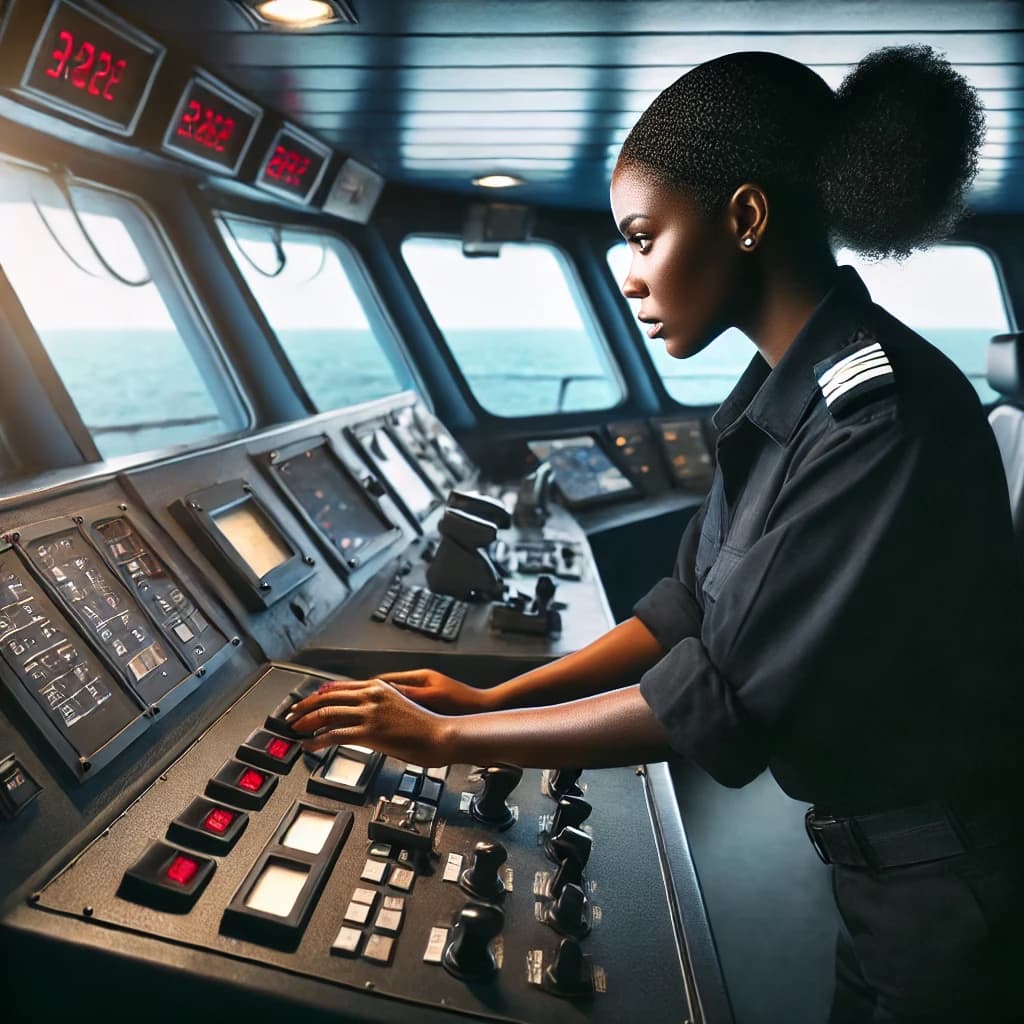
Key aspects of critical decision-making include:
Problem identification
Recognizing and understanding the problem at hand is the first step in decision-making. If the problem isn't clearly defined, it's impossible to choose the right solution.
Information gathering
Once a problem is identified, gathering relevant data is crucial. This includes not only hard facts and figures but also contextual information that may affect the decision.
Evaluation of options
After gathering information, the decision-maker must evaluate all possible courses of action. This involves considering the pros and cons of each option, as well as short-term and long-term consequences.
Risk assessment
An essential part of decision-making is assessing the risks involved with each option. Anyone working in a seafarer job must weigh the potential benefits against the risks and ensure that they are acting in the best interest of maritime safety and efficiency.
Implementing the decision
Once a course of action has been selected, it must be implemented effectively. This includes clear communication with all relevant parties and ensuring that the decision is executed properly.
Read more: 5 Tips for Clearer Communication in the Maritime Industry
Reviewing the outcome
Finally, after the decision has been implemented, it's important to review the outcome. What went well? What could have been done differently? Reflecting on past decisions helps improve future decision-making skills.
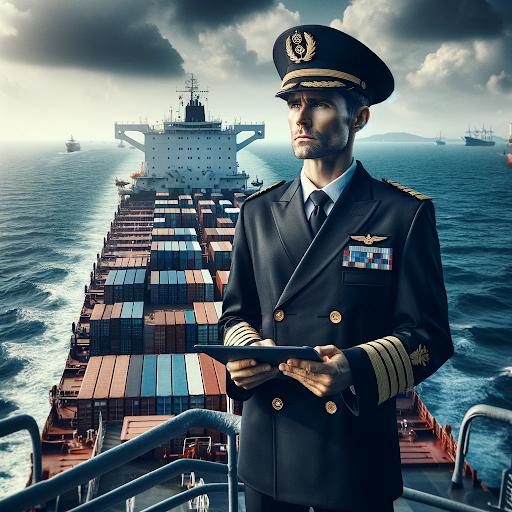
Why workers in maritime jobs need critical decision-making skills
While critical decision-making skills are essential in any field, they are particularly vital for those working in seafarer jobs for several reasons.
Life at sea presents unique challenges, from unpredictable weather conditions to equipment malfunctions and human errors made by crew or other personnel, all of which demand fast, effective decisions. Here are some key reasons why maritime job employees must be proficient in critical decision-making:
The safety of the crew and vessel
The most critical reason for seafarers to develop decision-making skills is the safety of both the crew and the vessel. A ship at sea can be a dangerous place. Maritime jobs at sea often involve working in hazardous conditions, and seafarers often have to make decisions that directly impact their safety and that of their fellow crewmates.
Imagine a scenario where a vessel encounters severe weather. The ship’s Master and officers must decide whether to stay on course or change direction to avoid the storm. This decision isn't just about maintaining schedules; it's about the safety of everyone on board. A wrong decision could result in a catastrophe, while a well-considered choice could keep the crew and vessel safe.
Efficient navigation and operations
Decision-making also plays a significant role in the daily operations of a ship. Navigating the vast oceans requires constant decision-making, from plotting the most efficient routes to determining how to respond to changing sea conditions. Beyond navigation, the crew must make countless decisions related to cargo handling, maintenance, and communication.
For instance, officers must determine the best way to load and secure cargo to maintain the vessel's stability. Seafarers need to have a solid understanding of weight distribution and the potential effects of shifting cargo to prevent imbalances that could lead to dangerous situations.
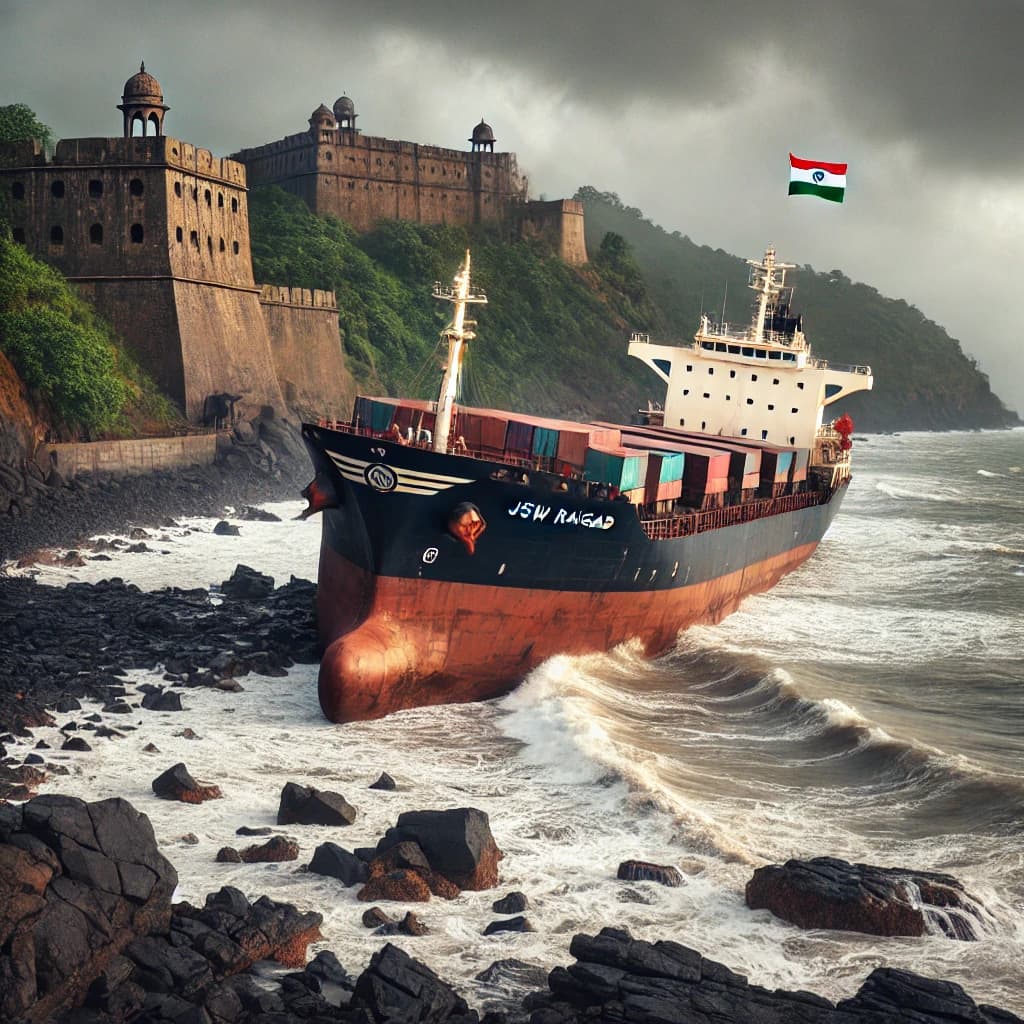
Handling emergencies
In an emergency, decisions must be made quickly and under pressure. Whether it’s a fire in the engine room, a collision, or a medical emergency, seafarers need to have the presence of mind and the skills to make critical decisions in the heat of the moment.
A real-life example of this could be a man overboard situation. The officer on watch must immediately decide how to respond: raising the alarm, stopping the ship, and starting a search and rescue operation. Every second counts in such scenarios, and the ability to make fast, informed decisions can mean the difference between life and death.
Compliance with regulations
The shipping industry is highly regulated, and seafarers and shore-based maritime job workers alike must adhere to international maritime conventions, national laws, and company policies. These regulations are designed to ensure safety, environmental protection, and efficient shipping practices.
Decision-making in compliance matters is essential. A ship’s master or officer might face a situation where they must choose between adhering to a strict deadline and complying with safety regulations.
For example, a decision to push the crew beyond legally mandated rest hours to meet a deadline could result in fatigue, accidents, and hefty fines for the company. Seafarers in management or supervisory positions must be able to weigh the costs and benefits of compliance-related decisions, keeping safety and legal obligations as top priorities.
Environmental protection
People working in maritime jobs are increasingly responsible for making decisions that affect the environment. From managing ballast water to preventing oil spills, the choices made by those aboard a ship can have significant environmental consequences.
For example, consider the decision about how to dispose of waste. Discharging waste into the ocean may seem like a convenient option, but it is illegal and environmentally harmful. Seafarers must make decisions that balance operational needs with environmental stewardship, ensuring that the marine environment is protected both now and for future generations.
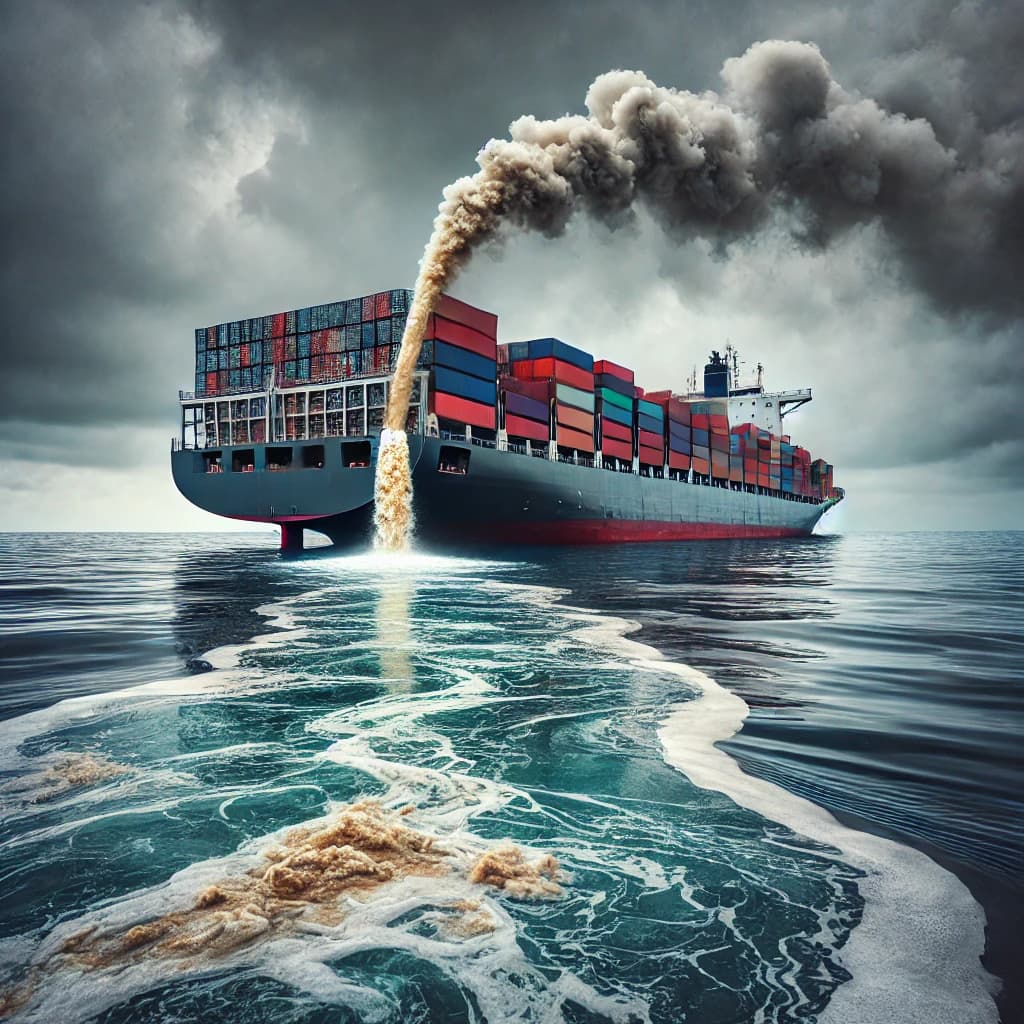
How seafarers can develop critical decision-making skills
Given the importance of decision-making, how can someone working in a seafarer job improve their skills in this area? Here are several strategies that can help:
Training and simulation
One of the best ways to improve decision-making skills is through training and simulations. Many maritime academies and companies now offer sophisticated simulators that replicate real-life scenarios, allowing seafarers to practice making decisions in a safe environment.
Simulations can cover a wide range of situations, from navigating through busy ports to responding to emergency situations at sea. These exercises help seafarers hone their decision-making skills in a controlled, risk-free setting.
Read more: How Mini Cargo Ships Help Cadets Navigate Maritime Careers
Experience and mentorship
Experience is one of the best teachers when it comes to decision-making. The more time a seafarer spends at sea, the more they will learn about how to make sound decisions in various situations.
Mentorship is also a valuable tool for developing decision-making skills. Junior officers and engineers can learn a great deal by observing and discussing decision-making processes with more experienced crew members. A seasoned ship’s Master or Chief Officer can provide invaluable insights into how to weigh options, assess risks, and choose the best course of action.
Continuous learning
The maritime industry is constantly evolving, and anyone working in a seafarer job must keep up with the latest developments in technology, regulations, and best practices. Continuous learning, whether through formal education or self-study, helps seamen and women stay informed and prepared to make better decisions.
For example, staying updated on the latest navigation technology, safety protocols, and environmental regulations ensures that seafarers have the knowledge they need to make informed decisions.
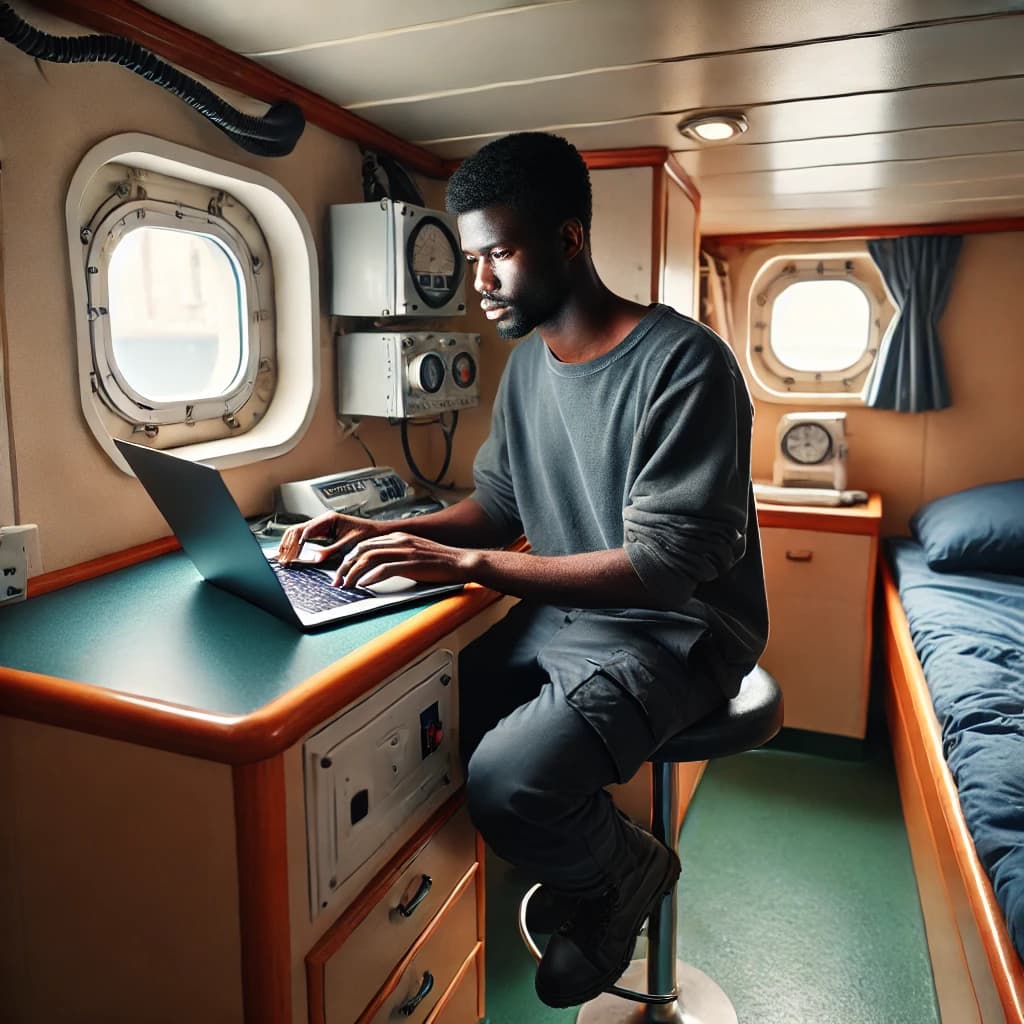
Critical decision-making skills for maritime jobs: final thoughts
Critical decision-making skills are essential for seafarers, whose work involves navigating unpredictable conditions, ensuring the safety of the crew and vessel, and complying with a complex web of regulations. The ability to make informed, timely, and effective decisions can mean the difference between a successful voyage and disaster.
By investing in training, gaining experience, and continuously learning, those working in offshore maritime jobs and aboard vessels can improve their decision-making skills and contribute to safer, more efficient maritime operations.
In the dynamic and often challenging world of maritime work, mastering critical decision-making is not just an advantage - it’s a necessity.

Eve Church
Eve is Martide's content writer, publishing regular posts on everything from our maritime recruitment and crew planning software to life at sea. Eve has been writing professionally for more than two decades, crafting everything from SEO-focused blog posts and website landing pages to magazine articles and corporate whitepapers.
UK
